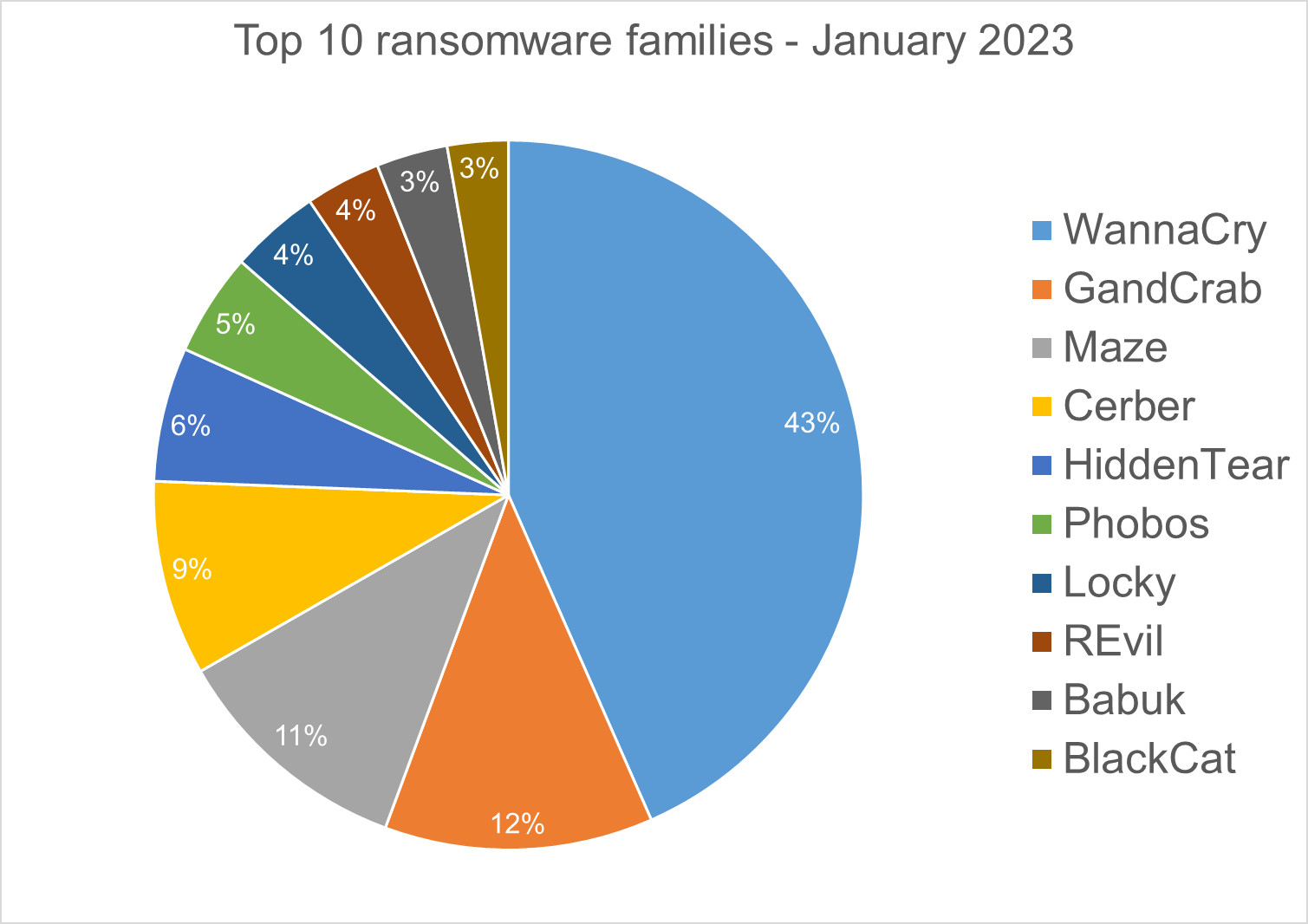In a sweeping international operation, Interpol has arrested 300 individuals linked to the notorious Black Axe criminal network, a Nigerian-founded confraternity with a global reach. Reports from BBC indicated that the arrests were part of Interpol Operation Jackal III, a coordinated effort conducted between April and July 2024 across 21 countries.
Interpol’s Jackal Operations, which began in Ireland, have exposed the extensive operations of Black Axe, including their involvement in cybercrime and money laundering through cryptocurrencies. The operation, described by Interpol as a major success, involved law enforcement agencies from around the world working together to target the expansive network of Black Axe and its affiliates.
The arrests are a testament to the growing global threat posed by cybercrime syndicates, many of which have deep roots in West Africa. Black Axe, originally established as a confraternity at the University of Benin in Nigeria, initially aimed to promote African culture and arts, but has evolved into a global criminal syndicate involved in various illicit activities, including cyber-enabled financial fraud.
Black Axe: A Global Criminal Enterprise
Black Axe’s technological skills have helped them stay strong on the global stage, making them a tough challenge for international law enforcement. According to Interpol, the group is responsible for the majority of the world’s cyber-financial crimes. In a notable case, Canadian authorities uncovered a $5 billion money-laundering scheme linked to Black Axe in 2017.
Interpol’s Operation Jackal III: A Major Blow to Black Axe
Operation Jackal III has been a major blow to the Black Axe network. The operation has led to the seizure of vital intelligence, enabling the creation of a comprehensive database shared among Interpol’s 196 member countries. This intelligence-sharing network is crucial for understanding and countering the criminal strategies employed by Black Axe and similar groups.
The Role of Fintech and Cryptocurrency
Tomonobu Kaya, a senior official at Interpol, highlighted the group’s ability to exploit new technologies
“They are very organised and very structured, these criminal syndicates are early adopters of new technologies… A lot of fintech developments make it really easy to illegally move money around the world,” he said
The operation has also resulted in the seizure of $3 million in illegal assets and the freezing of over 700 bank accounts linked to Black Axe members. These actions demonstrate the scale of the group's illicit activities and the effectiveness of Interpol's efforts in disrupting their financial networks.
Beyond Operations: The Need for Prevention
Despite these successes, experts like Dr. Oluwole Ojewale from the Institute for Security Studies emphasize that prevention should be the primary focus.
“The emphasis must be on prevention not on outright operations against these criminal groups. It is the politicians who are actually arming these boys
The general failure of governance in the country has made pressures for people to be initiated [into Black Axe].” said Dr Ojewale.
The complex web of organized crime in West Africa demands a multi-pronged approach. While law enforcement operations like Jackal III are essential for dismantling criminal networks, addressing the root causes of these criminal activities is critical to preventing their resurgence.
A Fight Against a Global Threat
The Black Axe arrests are a clear reminder of the global reach of organized crime. This network's involvement in cybercrime, trafficking, and other illicit activities requires international collaboration to effectively combat. As law enforcement agencies continue to crack down on Black Axe and similar groups, the focus must shift towards preventative measures that address the social and economic factors that contribute to their recruitment and rise. Only through such a comprehensive approach can we hope to truly dismantle these criminal organizations and protect our communities from their harmful activities.

















